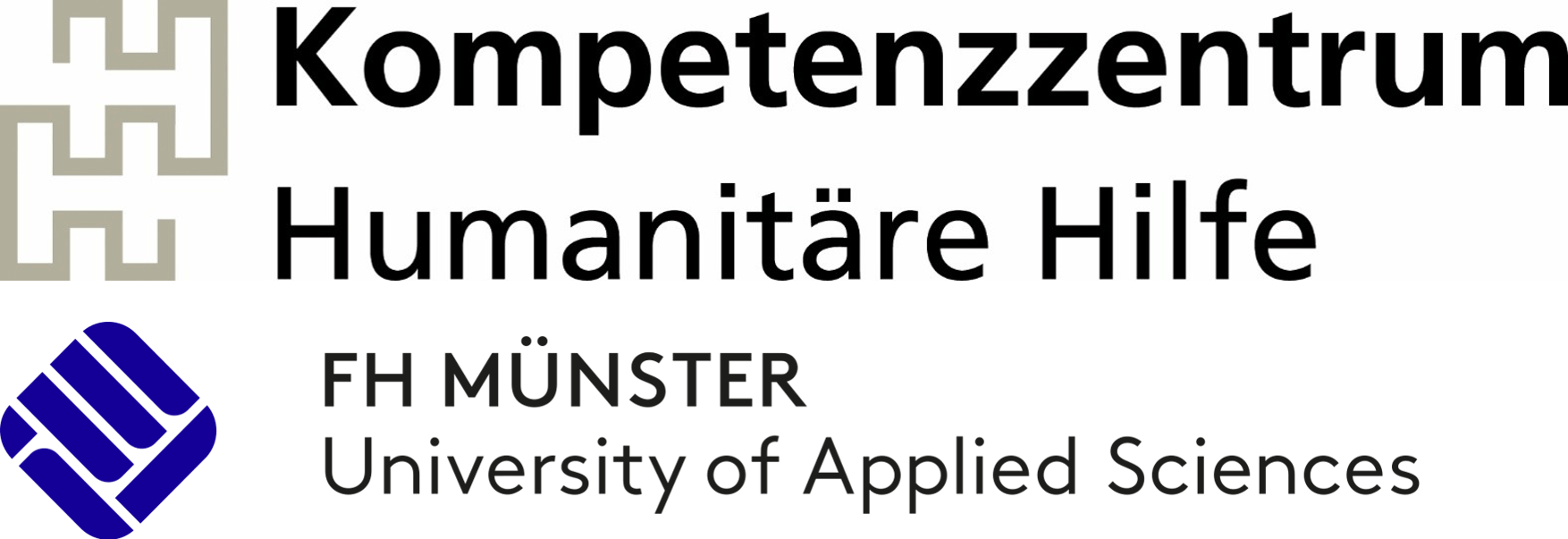Infant and Young Child Feeding in Emergencies (IYCF-E)
Already over
In emergencies, the disruption of basic nutrition, health care, sanitation and social support services impairs the ability of caregivers to meet the nutritional needs of infants and young children what might negatively affect their health status. The support of improved feeding practices under these difficult circumstances should therefore be a priority for humanitarian preparedness and response. This includes not only optimal breastfeeding practices but also complementary feeding and artificial feeding if needed. In fragile contexts, uncontrolled distributions of breastmilk substitutes can undermine recommended breastfeeding practices during the emergency and beyond and must be carefully managed. This online training offers an introduction to recommended IYCF-E actions that protect and support optimal feeding practices. You will learn which interventions are needed in the humanitarian response to support caregivers in breastfeeding, in the preparation of nutritious and safe complementary foods, and in providing safe breastmilk substitutes. Other more specific topics will be discussed such as HIV and infant feeding, re-lactation or twins’ feeding.
The trainer will be happy to receive a short motivational statement so that she knows more about your expectations before the course begins.
Members of ADH Organizations can apply for fee reimbursement. Please check within your organizations regarding the internally announced procedure
You will learn
how to use standard procedures in breastfeeding protection and support in emergency settings
how to reflect on the necessary measures for appropriate and safe complementary feeding as well as the management of formula feeding
what the the risks and the managing of inappropriate donations of breast milk substitutes are
how to generate a logical framework with the main objective to improve infant health and survival (diarrheal disease incidence; infant mortality rate) with the main focus on infant nutrition
Target group
Young and senior professionals in humanitarian aid, other practitioners in relevant fields, as well as students and graduates of relevant disciplines.
Schedule
Course Introduction
Overview of Infant and Young Child Feeding Practices in Emergency Settings
Reflection on common myths about breastfeeding and infant feeding in emergencies
Global Evidence for the Protective Effect of Breastfeeding for Infants in Emergencies
Break
WHO Guiding Principles for Appropriate and Safe Complementary Feeding, Operational Guidance on Infant and Young Child Feeding in Emergencies
Wrap Up
Olga Kondakova
Lecturer

Olga Kondakova is a Medical Doctor and Health Program Manager, with professional formation in the areas of tropical medicine and infectious diseases in Russia, Mexico and Thailand. Since 2016, she has been working with the international NGO “Doctors without borders” in different humanitarian contexts and situations of political and economic crisis, conflicts, outbreaks or a breakdown of healthcare or infrastructure (South Sudan, Bangladesh, Venezuela, Ethiopia).
100,00€
05.10.2023 - 06.10.2023
6 hours of training
Online Event
 This training is organized by Centre of Competence for Humanitarian Relief, Münster University of Applied Sciences
This training is organized by Centre of Competence for Humanitarian Relief, Münster University of Applied Sciences This training is supported by Aktion Deutschland Hilft e.V.
This training is supported by Aktion Deutschland Hilft e.V.